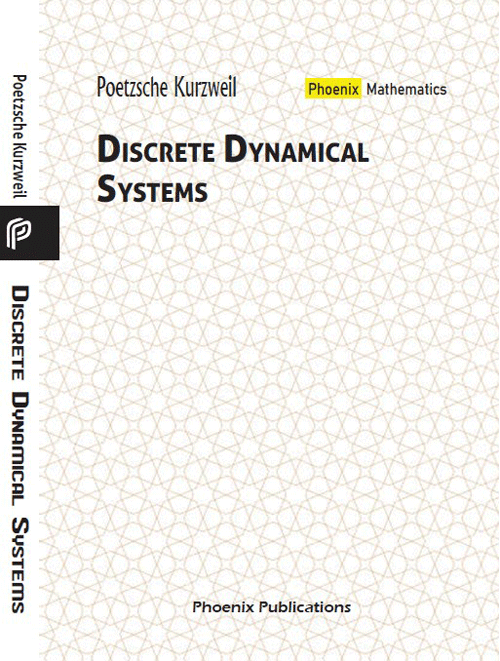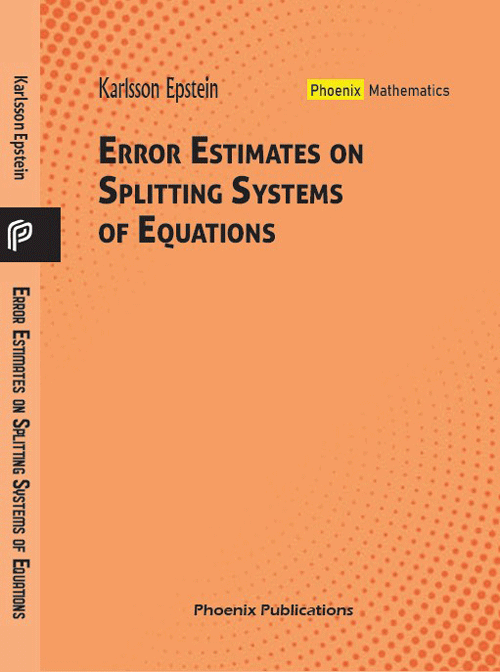Discrete dynamical systems are mathematical models that describe the evolution of a system over time in a discrete, step-by-step manner. They are widely used in various scientific disciplines to study the behavior and properties of dynamic systems. A series of discrete points, typically indexed by integers, represent time in a discrete dynamical system. At each time step, the state of the system is updated according to a defined rule or function. The updated state then serves as the starting point for the next time step, and the process repeats.
One of the key aspects of discrete dynamical systems is the concept of iteration. The system evolves through repeated application of a transformation or map to its current state. This iterative process captures the dynamic behavior of the system and allows for the exploration of its long-term properties. Discrete dynamical systems can be deterministic or stochastic. In deterministic systems, the starting circumstances and governing principles completely determine the system’s evolution. In stochastic systems, on the other hand, randomness is introduced into the evolution process, leading to probabilistic outcomes.



